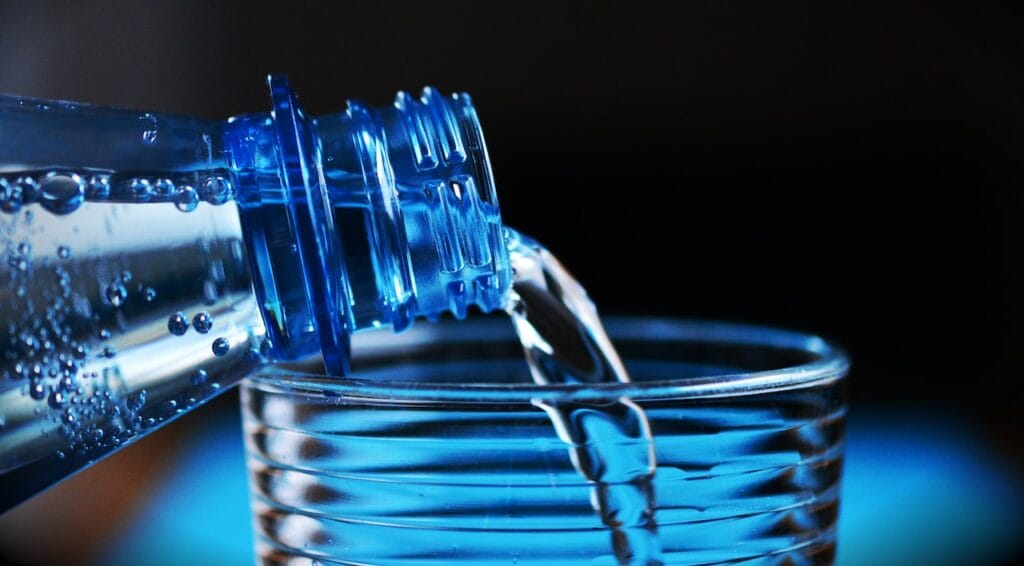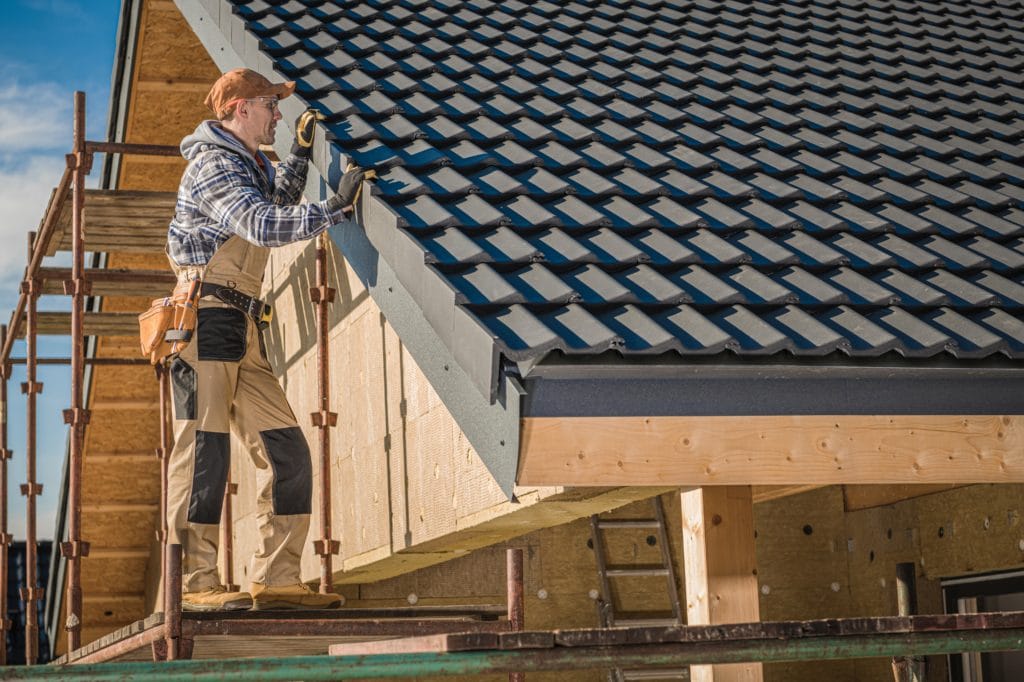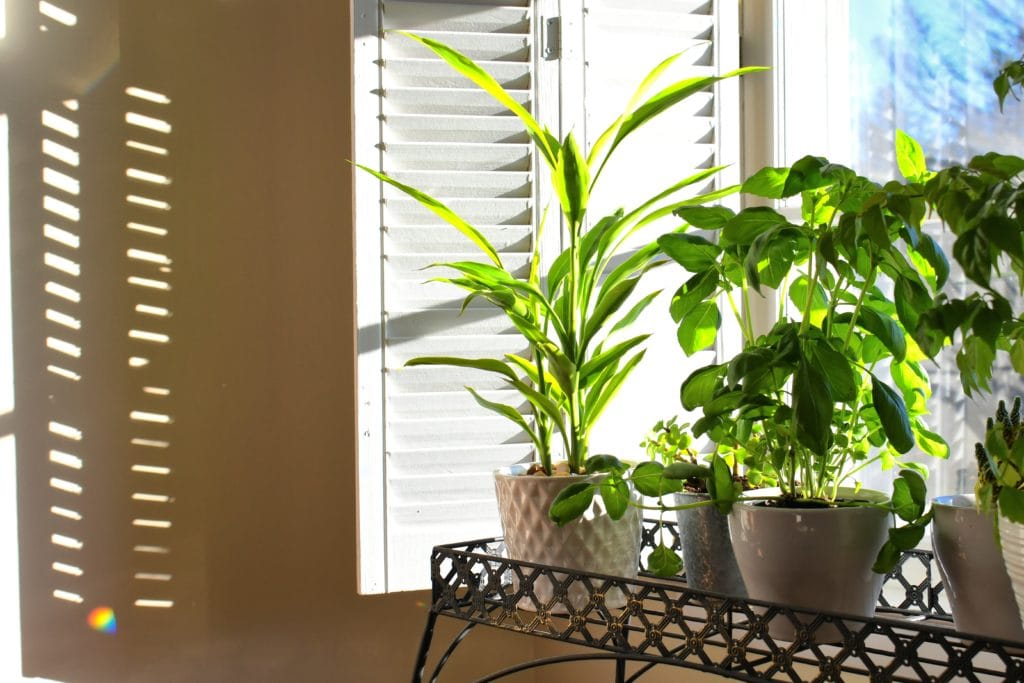Water is essential to our daily lives, but many people face challenges when it comes to the quality of water flowing through their homes. One common issue is hard water, which contains high levels of minerals like calcium and magnesium. These minerals can cause a variety of problems, from scaling on pipes and appliances to dry skin and dull hair. This is where a water softener system comes into play. In this article, we will explore the ins and outs of water softener systems, their benefits, how they work, and considerations when choosing one for your home.
What Is Hard Water?
Before delving into water softeners, it’s important to understand what hard water is. Hard water is water that contains a significant amount of dissolved minerals, primarily calcium and magnesium. These minerals are naturally occurring and are picked up by water as it passes through soil and rock. The level of hardness varies depending on the geographical location, with some areas experiencing extremely hard water while others have softer water.
The presence of these minerals can lead to several issues. For instance, they can react with soap to form soap scum, reducing the effectiveness of cleaning agents. This can leave your skin feeling dry and your hair looking dull. Additionally, hard water can cause scale buildup in plumbing fixtures and appliances, reducing their efficiency and lifespan. It can also lead to clogged pipes and increased energy consumption.
The Role of Water Softener Systems
A water softener system is designed to tackle the problems associated with hard water. It works by removing the excess minerals, specifically calcium and magnesium, from the water supply, thereby “softening” it. This process helps prevent the negative effects of hard water, providing numerous benefits for homeowners.
How Water Softeners Work
Water softeners operate through a process called ion exchange. The system consists of a tank filled with resin beads that are negatively charged. As hard water enters the tank, the positively charged calcium and magnesium ions are attracted to the resin beads. These minerals are then exchanged for sodium ions, effectively removing them from the water. This process results in softened water that is free from the harsh minerals causing issues in your home.
Most water softeners have two main components: the resin tank and the brine tank. The resin tank is where the ion exchange takes place, while the brine tank holds a solution of salt and water used to regenerate the resin beads. During regeneration, the salt solution flushes out the accumulated calcium and magnesium ions from the resin beads, allowing the system to continue working efficiently.
Choosing the Right Water Softener
When considering a water softener for your home, there are several factors to take into account. The first step is to determine the level of hardness in your water supply. This can be done through a water test kit, which measures the concentration of calcium and magnesium ions. Understanding the hardness level will help you choose a system that meets your specific needs.
Another consideration is the type of water softener system that suits your household. There are two main types: salt-based and salt-free systems. Salt-based water softeners are the most common and effective at removing hardness minerals. They use the ion exchange process described earlier. Salt-free systems, on the other hand, work differently. They don’t remove the minerals but instead use a conditioning process that prevents them from forming scale. Salt-free systems are often considered a more environmentally friendly option.
The size of the water softener system is also crucial. It should be based on the water consumption of your household. A system that’s too small may not effectively soften all the water, while an oversized system can be unnecessarily expensive. Manufacturers provide guidelines on choosing the right size based on the number of people in your household and your water usage.
Installation and Maintenance
Once you’ve chosen the right water softener system, it’s important to consider the installation process. While some homeowners choose to install the system themselves, hiring a professional plumber is often recommended. Proper installation ensures that the system functions optimally and prevents potential issues down the line.
Regular maintenance is essential to keep your water softener running smoothly. This includes replenishing the salt supply in the brine tank and periodically cleaning the system to remove any buildup. Some advanced models have self-cleaning features, which can simplify maintenance tasks. Regular maintenance not only ensures the system’s longevity but also guarantees that you continue to enjoy the benefits of softened water.
Benefits of Using a Water Softener
The benefits of using a whole house water filtration Warren system are numerous and can greatly enhance your quality of life. One of the most noticeable benefits is the improvement in water quality for bathing and washing. Soft water lathers more effectively with soap, resulting in a more thorough clean for your skin and hair. You may notice softer skin, shinier hair, and less irritation after using softened water.
Additionally, water softeners can help extend the lifespan of appliances and plumbing systems. The absence of scale buildup means that your water heater, dishwasher, washing machine, and other appliances can operate more efficiently and with fewer maintenance issues. This can lead to cost savings on repairs and replacements in the long run.
Moreover, using a water softener can lead to energy savings. When scale accumulates in your water heater, it acts as an insulator, reducing its efficiency. Soft water allows your water heater to heat water more effectively, leading to lower energy bills. This is not only beneficial for your wallet but also for the environment.
Addressing Concerns About Salt-Based Systems
One common concern about salt-based water softeners is the use of sodium in the ion exchange process. Some people worry about the impact of increased sodium levels in their water, especially if they are on a low-sodium diet. However, the amount of sodium added to the water is generally minimal and should not pose a significant health risk for most individuals.
If sodium intake is a concern, there are alternatives to consider. One option is to use potassium chloride instead of sodium chloride in the regeneration process. Potassium chloride is an effective alternative for softening water and can alleviate worries about sodium content. Additionally, installing a reverse osmosis system can further reduce sodium levels in drinking water.
Environmental Considerations
As environmental awareness grows, many homeowners are concerned about the impact of water softener systems on the environment. Traditional salt-based systems use salt for regeneration, and the discharge of brine into the wastewater system can have environmental implications. However, there are eco-friendly options available.
Salt-free systems, as mentioned earlier, don’t use salt for regeneration, making them a more environmentally conscious choice. They condition the water without removing minerals, which can be an appealing option for those seeking a greener solution.
Furthermore, some municipalities have regulations regarding water softener systems, particularly related to salt discharge. It’s essential to check local regulations and choose a system that complies with any restrictions in your area.
Conclusion
In conclusion, water softener systems play a vital role in improving the quality of water in homes with hard water issues. By removing excess minerals like calcium and magnesium, these systems provide numerous benefits, from enhancing skin and hair health to prolonging the life of appliances and reducing energy costs.
Choosing the right water softener system involves understanding your water’s hardness level, considering the type of system that suits your needs, and ensuring proper installation and maintenance. While salt-based systems are effective and widely used, salt-free alternatives offer environmentally friendly options.
Addressing concerns about sodium intake and environmental impact can guide you in making an informed decision. With the right water softener installation Erie, you can enjoy the advantages of soft water, creating a more comfortable and efficient living environment for you and your family.


